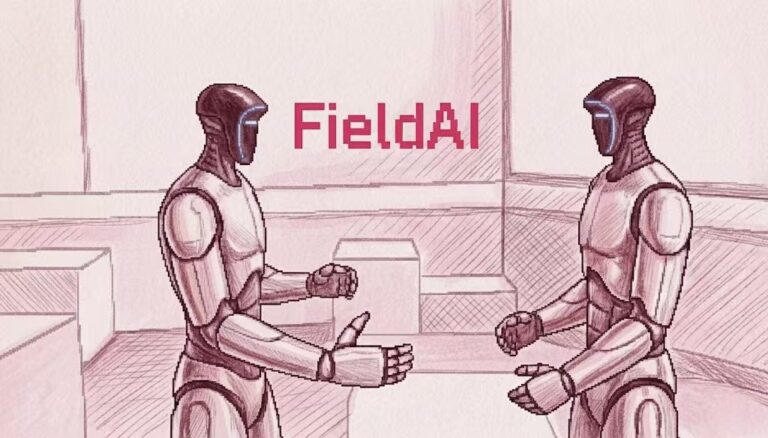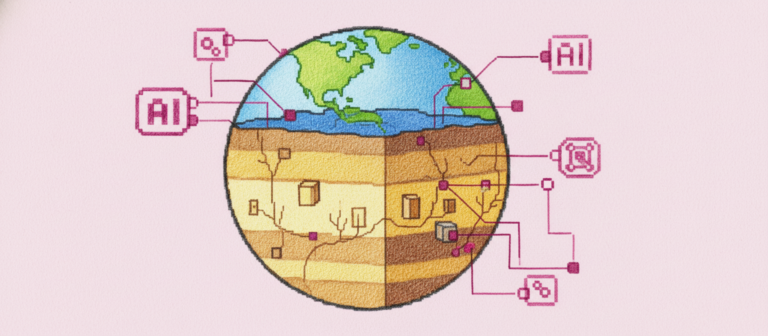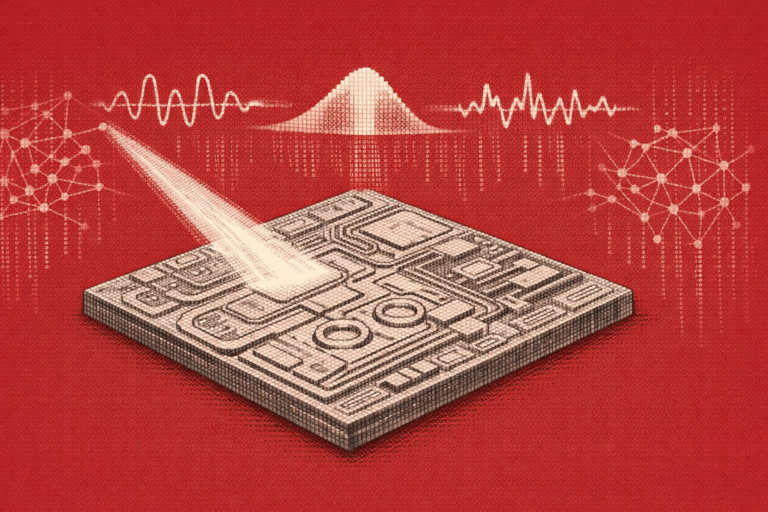Command Palette
Search for a command to run...
Top Conference INFOCOM in Paris, Top Honor Goes to Microsoft Veteran
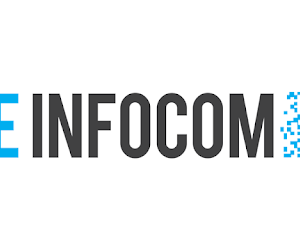
The four-day top computer conference INFOCOM 2019 was held in Paris today. The winner of the highest honor award of this conference, IEEE INFOCOM Achievement Award, was Victor Bahl, who is well-known in the fields of wireless network virtualization and mobile computing, and these technologies have long been widely used.
INFOCOM (International Conference on Computer Communications, IEEE International Conference on Computer Communications) 2019 was held in Paris today and will last for four days (April 29 – May 2). This top conference in the field of computer communication networks will bring another huge brainstorming event to the industry.

INFOCOM, organized by the IEEE Communications Society, is also a landmark conference in the field of international communication networks. In the recently updated fifth edition of the CCF computer conference rankings, it still ranks strongly at Category ALeading position.
For INFOCOM 2019, the conference included a main technical program, some workshops, keynote speeches, panel discussions, student poster sessions, and demonstration/poster sessions. This time, 287 papers were finally collected, divided into 70 sessions according to content. Among them, the proportion of papers published in China reached 38.25%.

INFOCOM is a large-scale conference with a wide range of papers and a strong jury. It is not only a platform for publishing research results, but also a grand gathering for researchers in the field to get to know each other, understand each other, discuss and make friends.
The crown of the conference - INFOCOM Lifetime Achievement Award
As a top conference, in addition to the rich content of the conference, the award ceremony also attracted everyone's attention. Let's take stock of the major awards of this conference.
The largest award, the IEEE INFOCOM Achievement Award, was ultimately won by Victor Bahl of Microsoft Research Redmond, Washington (Microsoft headquarters).
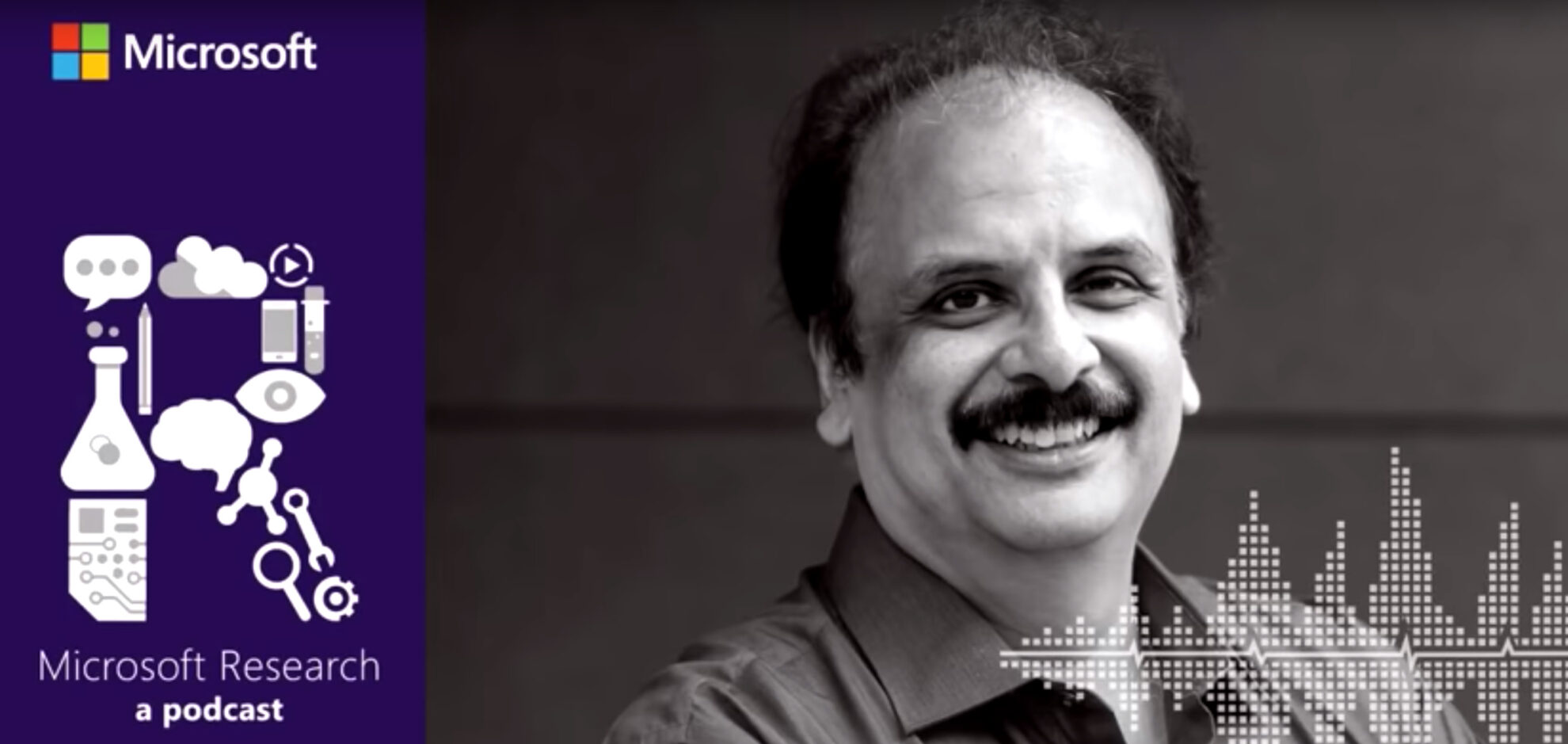
He was awarded for his outstanding contributions to the development of dynamic spectrum access and wireless local area network technologies.
Victor Bahl made groundbreaking and lasting contributions to computer networking. His work on indoor positioning, and on exploiting the properties of radio frequency signals for purposes beyond communications, remains a standard technique for much of the work in the field today.
His work in edge computing, dynamic spectrum access, multi-radio systems, channel access scheduling, energy-efficient systems, enterprise network management, mobile computing, and ad hoc wireless network topology control has had a profound impact on industry research.
The other two awards, the IEEE Internet Award was won by Professor Jennifer Rexford of Princeton University, and R. Srikant of the University of Illinois, USA, won the IEEE KOJI KOBAYASHI Computers and Communications Award.
Winning the highest honor with strength
Victor Bahl received the conference's highest honor for his contributions to dynamic spectrum access and wireless LAN technology, and is also known for his work in mobile computing.
These technologies have a profound impact on the Internet, and their applications have already touched every aspect of our lives.
Take mobile computing as an example. As the name implies, mobile computing is computing on the move. It is a new technology that has emerged with the development of mobile communications, the Internet, databases, distributed computing and other technologies.

Mobile computing actually enables people to access data and information anytime and anywhere, using any mobile terminal such as mobile phones, pads, laptops, etc., and utilizing network technology to achieve data transmission and resource sharing.
Thanks to the development of mobile computing technology, we can access the Internet and obtain information today whether at home, in the office, or on the go.
The application of mobile computing has become very widespread. In addition to the mobile Internet that we are all familiar with, it has also been applied in many fields such as mobile e-commerce, logistics, and medical care.
Specifically, mobile e-commerce refers to mobile payment and mobile retail, which we use almost every day. The application of mobile computing in the field of logistics is typically the ubiquitous express delivery.

Due to the characteristics of this industry: a wide variety of products, scattered production areas, and scattered delivery locations, and involving various manufacturers, wholesalers, retailers, customers, etc., these complex information must be integrated and connected in real time to improve efficiency and reduce error rates. With the help of mobile computing technology, the logistics industry has developed to such an efficient operation today.
A new era: from mobile computing to mobile artificial intelligence
In the era of artificial intelligence, mobile computing has entered a new era. The boundaries of mobile computing innovation are being redefined, and various innovative applications based on mobile computing are being continuously extended and expanded. Communications giants are scrambling to launch AI mobile computing platforms.

In September 2017, the world's first artificial intelligence mobile computing platform, the Kirin 970 chip, was released, allowing deep learning work that needed to be uploaded to the cloud to be completed directly on mobile terminals, greatly improving service efficiency.
Qualcomm launched the Snapdragon XR1 platform, the world's first extended reality (XR) dedicated platform, in May 2018. It provides better interactivity, power consumption and thermal performance through artificial intelligence functions.
Nvidia CEO Jensen Huang once said that he believes Moore's Law has failed, and the future development trend of mobile computing will be that artificial intelligence will move from the cloud to the device side. Therefore, the next stage of mobile computing may be mobile artificial intelligence (Mobile AI).
And every time we come into contact with these technologies and their applications in the future, don’t forget that there is a great hero behind them: Victor Bahl.
